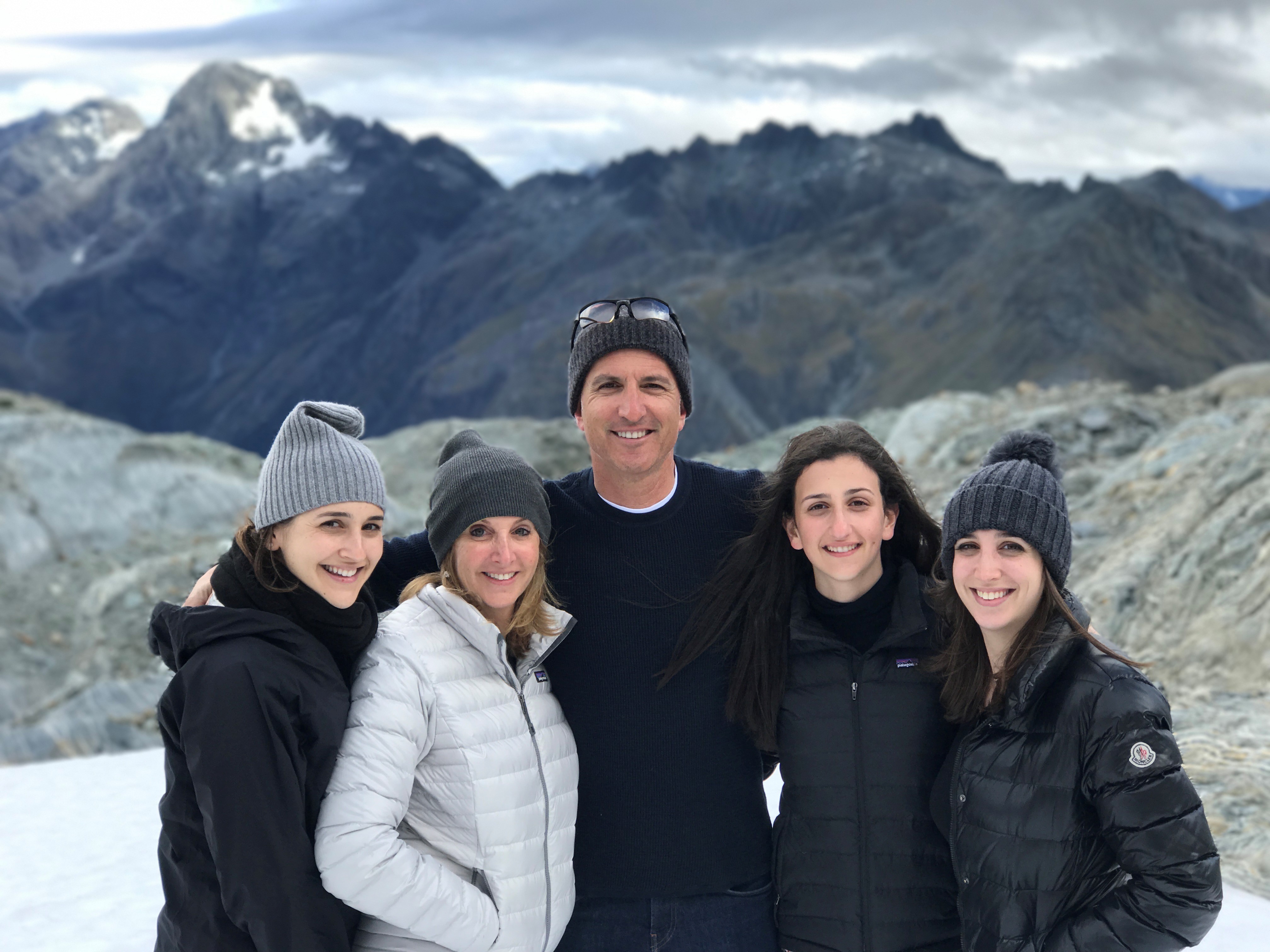Jordan and Lisa Bender, PAR’12,’15, know that a liberal arts education was meaningful for their daughters, Hannah, C’12, and Jane, C’15, both English majors. It made them critical thinkers. It encouraged them to consider current events in light of their historical roots; it gave them the opportunity to read about experiences of people in places and times so different from their own; it challenged them to think analytically, write persuasively, and speak confidently. “The four years of college are some of the most formative for young people,” says Jane. “The humanities were my guide.”
Jordan and Lisa wanted other students to have the same opportunity to explore and learn. They endowed a scholarship for students in the College, with a preference for English majors. “There is a lot of scholarship support for STEM fields right now, but a humanities degree is equally valuable,” Jordan says. Hannah and Jane thrived because they were able to study what they love. The Bender Family Endowed Scholarship will encourage other students to do the same.
Jordan and Lisa, herself an English major, know firsthand what a scholarship can mean. “Lisa and I were both first-generation students, and I was on financial aid,” Jordan says. “Getting a scholarship means getting a jump start.”
That jump start takes many forms. First, it is a form of practical support that makes Penn accessible to students from underserved communities. It is also a form of welcome into a Penn network that spreads across the country. The Benders, located in southern California, felt deeply connected to Penn through their daughters and through alumni, parents, and friends they met on the West Coast. Their scholarship gift welcomes a new member to the inclusive, widespread community that they found so valuable.
Hannah and Jane found community in the English department, where they were welcome to take upper-level courses in their respective freshmen years. They both remember the study required: “The course pushed me to think deeply and work harder than I had before,” Hannah says, “but even as a freshman, I had a voice.” The reward was in realizing that their input was valued in this community of scholars and that they could rise to academic challenges. Jane, recalling a particularly difficult assignment, says, “After that, I knew I could write anything.”
These experiences are the true value of a liberal arts education and are why Jordan and Lisa made their scholarship gift. “A liberal arts education serves people well, no matter what they want to do later in life,” Lisa says. Jordan adds that he benefitted greatly from financial aid and in turn has had many opportunities. “That support was transformational,” he says “and we want others to feel that same support.”



